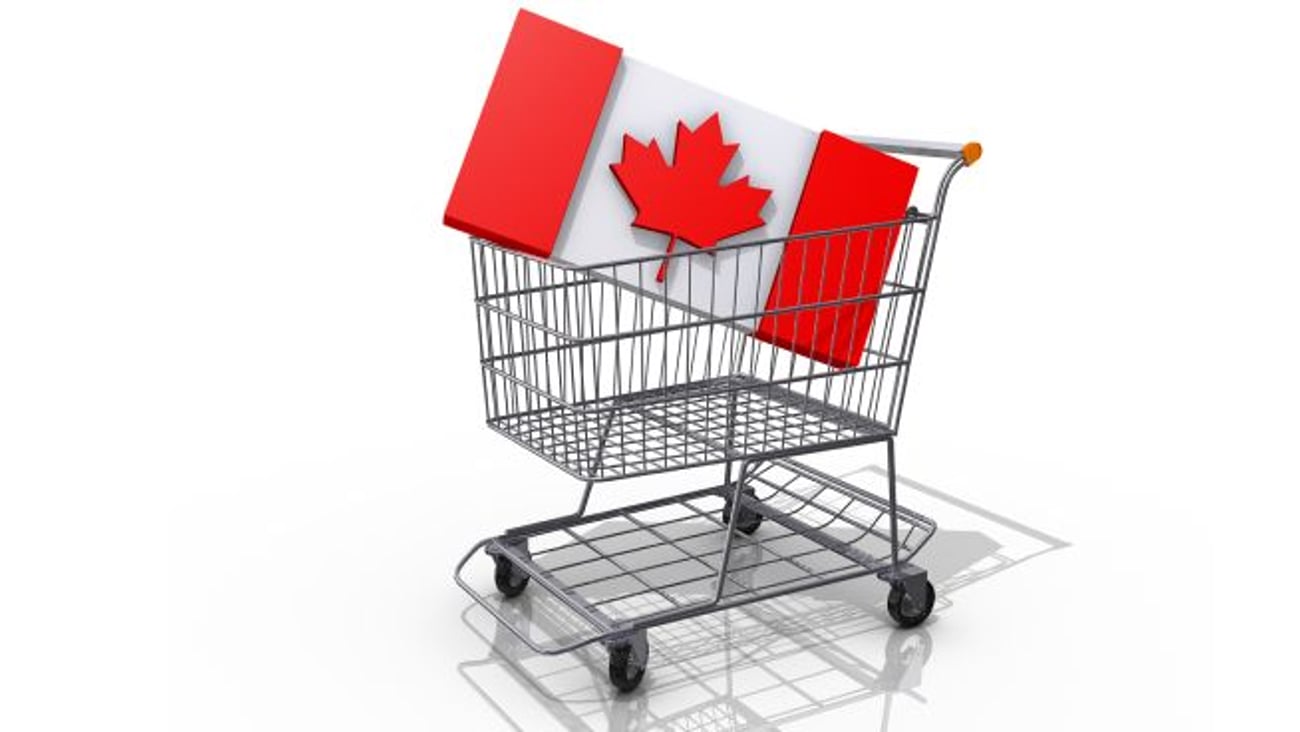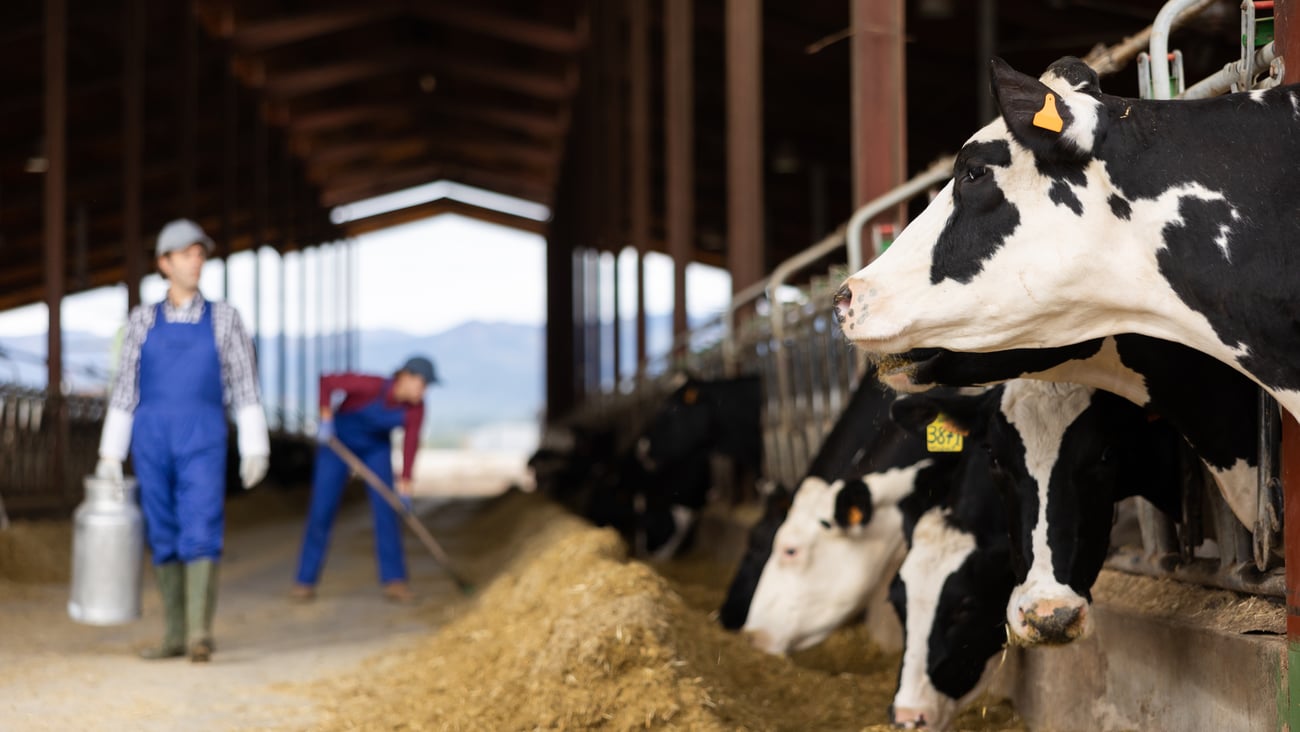A carbon tax could compromise food sovereignty
From farm to fork, our food is responsible for around 25% of the world’s greenhouse gas emissions. This is much higher than what most people would think. Whether we realize it or not, every decision a consumer makes when picking what to eat has an impact on our environment and many want to do something about it.
The Canadian federal government recently mandated a tax on carbon emissions. A mandatory carbon tax of $10 per tonne is set to start in 2018 and provinces are expected to produce a carbon price plan. Some have claimed energy costs would rise because of a carbon tax, but little attention has been given to what would happen to food costs.
Canadian grocers will likely continue their quest for affordable foods to offer to Canadians. The concern, of course, is that Canadian goods with a carbon tax may become much less attractive from a price point perspective. This would encourage grocers to import more foods, regardless of the state of our loonie, a trend we have seen over the last few years.
While food prices will likely increase over the next few years, carbon tax will hardly be to blame since importers have choices to buy products in areas where carbon performances are less established. More imported foods will likely find there way to Canadian grocery store shelves. Unlike what doomsayers are advocating, taxing carbon won’t make more Canadians food insecure, but the issue is more about food sovereignty for certain sectors. In other words, the carbon file is filled with food economic nuances.
Timing is not great either. Trudeau’s announcement about a carbon tax occurred weeks before the U.S. election. Now that we know who the next tenant is in the White House come January 2017, such a move for our Canadian agriculture and food sector is worrisome. With Trump at the helm, we are likely to see the U.S. remaining idle on climate change mitigating policies. This would make our agrifood systems much less competitive. Coupled with a possible reduction in U.S.-based corporate tax rates, a new carbon tax on our agrifood companies could isolate Canada as the only green-focused economy in North America.
To make matters worse, our food economy remains vulnerable to currency fluctuations. When our loonie tanks, food prices go up. However, we have seen many new greenhouse projects emerge in recent years, particularly in Ontario, potentially making the Canadian market much less susceptible to abrupt retail price fluctuations. This is welcomed news but a price on carbon may stop these initiatives from coming to fruition.
Let’s be clear though, working to protect the environment only makes sense, but we need to move forward with great caution. To give market currency to carbon is a necessary step towards a more sustainable food system, but our policies must capture our global reality.
Due to the aggressive campaign on carbon here, firms could relocate to the detriment of our economy. In food processing we have seen over 150 firms close or relocate since 2008 in Canada, affecting almost 30,000 jobs. The most recent case is the Mondelez plant in Montreal which eliminated more than 400 jobs.
In food, a carbon tax will clearly discriminate against certain agricultural sectors. Per a recent EU study, with a carbon tax prices would increase between 15% and 40% at farmgate for the most greenhouse gas intensive foods such as beef, lamb and dairy products.
Thus, it would be easy to speculate that consumption would fall by as much as 15% for some products. The result would affect major sectors in our agricultural economy. According to the same study though, health gains could be made since some of these products are deemed unhealthy if not consumed in moderation. A win-win perhaps, but consumers should be given the opportunity to adapt as consumption habits are often difficult to break.
Unlike the Cap-and-trade solution, for example, a carbon tax provides certainty on how carbon is priced but the amount of emissions reductions is always difficult to predict. Mixed results from British Columbia’s carbon tax since its inception in 2008 is one example. And who knows what could happen to funds given to what some may consider as the Ottawa budgetary blackhole. However, it is the most effective instrument the federal government can use to entice provinces to act.
Provinces where agriculture is a significant part of the economy could opt for a cap-and-trade scheme which would guarantee emission reduction and reward good stewardship. For example, with no-till farming, precision agriculture and better equipment, Saskatchewan annually sequesters about 9m tonnes in carbon. At $50 a ton which is the federal carbon price set for 2022, that sequestered carbon would have a value of more than $450m. Beyond just taxing carbon, an hybrid approach could be substantially more powerful.
In the grand scheme of things, it boils down to one thing: our current food consumption trends in Canada are for the most part, environmentally unsustainable.
The price we pay at the grocery store does not reflect the true cost of food production and distribution. We all know that. So doing nothing is no longer an option and most would recognize that the writing is on the wall. However, given that we live in a borderless world Ottawa should also recognize that not everyone on earth wants to save the planet.




